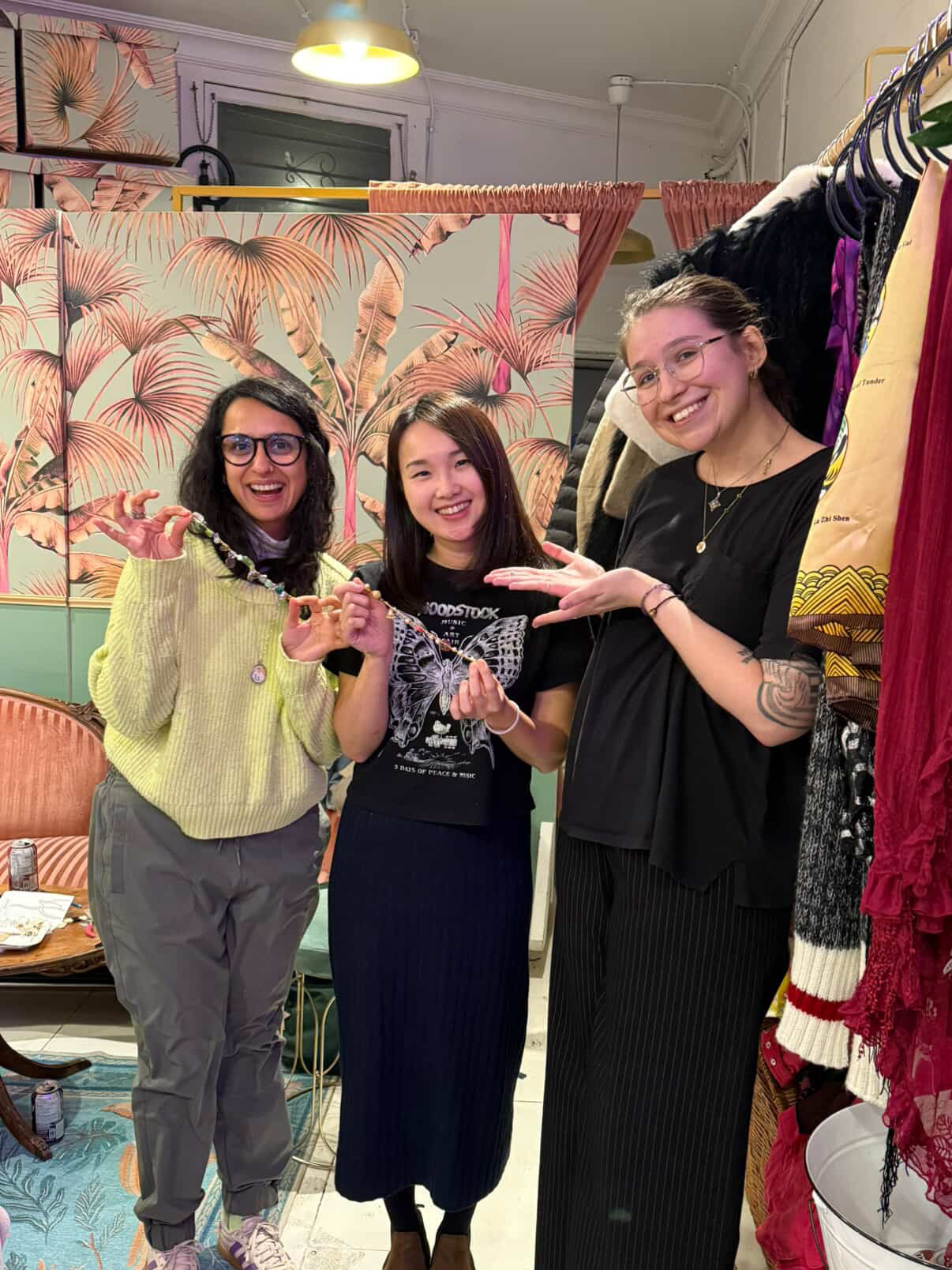In Mount Pleasant we developed a food security project in January 2024, focusing on the Latin women’s group. We 3 facilitators have backgrounds in Food security and healthy nutrition. This endeavour was conceived to transcend the barriers faced by households in accessing nutritious meals while navigating the complexities of a new city. The workshop started with an unexpected change of schedule from December to January for holidays and an online session, prompted by snowfall and the closure of the hosting organization (MPNH). The inaugural session delved into the basic aspects of food security, focusing on the vital role of food banks in Vancouver.
The project encountered a roadblock during its second session when a driver’s strike the day before led to a diminished attendance of 8 participants. The session, conducted in person, delved into the nutritional basics, and the principles of cultivating a healthy diet. The small but engaged group fostered an environment of shared learning and resilience, illustrating the determination of participants to overcome external obstacles.
In the concluding session with an expanded participant base, the focus shifted towards exploring international recipes, equipping participants with culinary tools, and guiding them in the preservation of seasonal vegetables every participant prepared and gave their veggie preserves. The project not only addressed immediate nutritional needs but also imparted valuable skills, empowering the women to sustain their newfound knowledge and giving them the tools and necessary supplies as well as healthy snacks.
Furthermore, we conducted two pilot surveys aligned with the Food and Agriculture Organization guidelines. The initial survey focused on assessing families’ access to food, while the second gathered comprehensive information, including weight and height. The data revealed that more than 90% of the participants’ households had access to cereals, white roots – tubers, sugars, oils, and fats. However, only about 2% of households reported access to certain types of vegetables. These surveys and the associated project marked a significant starting point, enabling us to identify crucial challenges that warrant exploration in future initiatives.
Between the practical sessions, participants shared their narratives, recounting their experiences upon arriving in Vancouver and the challenges encountered in adapting to a new food culture. These narratives wove a tapestry of cultural exchange, revealing the profound meaning of food security for these women and their families.
In retrospect, the project not only achieved its core objective of enhancing nutrition within newcomer households but also illuminated unexpected pathways of resilience, adaptability, and community building. The challenges faced during the journey became catalysts for innovation, fostering a collective spirit among the participants. The project’s impact transcended the realm of nutritional education, delving into the realms of cultural exchange, social interchange, and the celebration of diverse culinary traditions. As the project unfolded, it became evident that food security, for women, was not merely about access to sustenance; it became a communal journey towards empowerment, self-sufficiency, and the forging of lasting connections within the multicultural tapestry of Vancouver.
